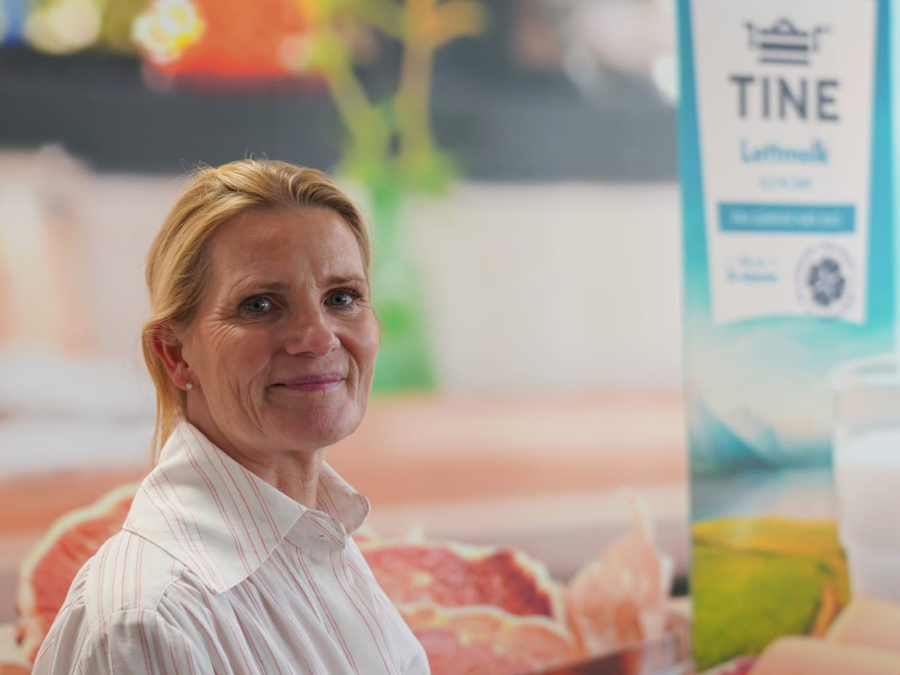
Norway-based dairy group Tine has announced the appointment of Ann-Beth Freuchen as the CEO of the company.
Freuchen will take over the executive role on 1 October.

Discover B2B Marketing That Performs
Combine business intelligence and editorial excellence to reach engaged professionals across 36 leading media platforms.
She succeeds Gunnar Hovland, who has taken the position of CEO at renewable energy company Aneo. He has been Tine chief executive since 2019.
Since the start of last year, Freuchen has held the roles of deputy CEO and EVP of commercial functions at Tine.
Before joining Tine, Freuchen worked at Nordic food group Orkla for 25 years. Her positions included EVP of Orkla Foods Nordics and Baltics from 2019 to 2021 and chief executive of the company’s confectionery and snacks business from 2015 to 2019.
“I have strong faith in what the future will bring, and look forward to creating value for both customers and owners, together with a large team of competent people with a heart for Tine,” Freuchen said.

US Tariffs are shifting - will you react or anticipate?
Don’t let policy changes catch you off guard. Stay proactive with real-time data and expert analysis.
By GlobalData“Together with our skilled owners, we ensure a vibrant Norway with food production throughout our long country, both through our well-known brands, but also through an important social mission.”
Tine chairman Marit Haugen added: “Falling milk consumption, significant imports of dairy products and strong competition means that commercial success is at the very top of the cooperative’s agenda [and] also in the selection of a new CEO. Tine must be the consumer’s and customers’ first choice. Ann-Beth has extensive experience in developing winning teams that deliver top results.”
In 2022, Oslo-headquartered Tine generated sales revenue of NKr24.87bn ($2.33bn), up 3.4% on a year earlier.
However, the company’s operating profit fell 27.1% to NKr1.26bn. It pointed to higher raw-material, energy and transport costs.



